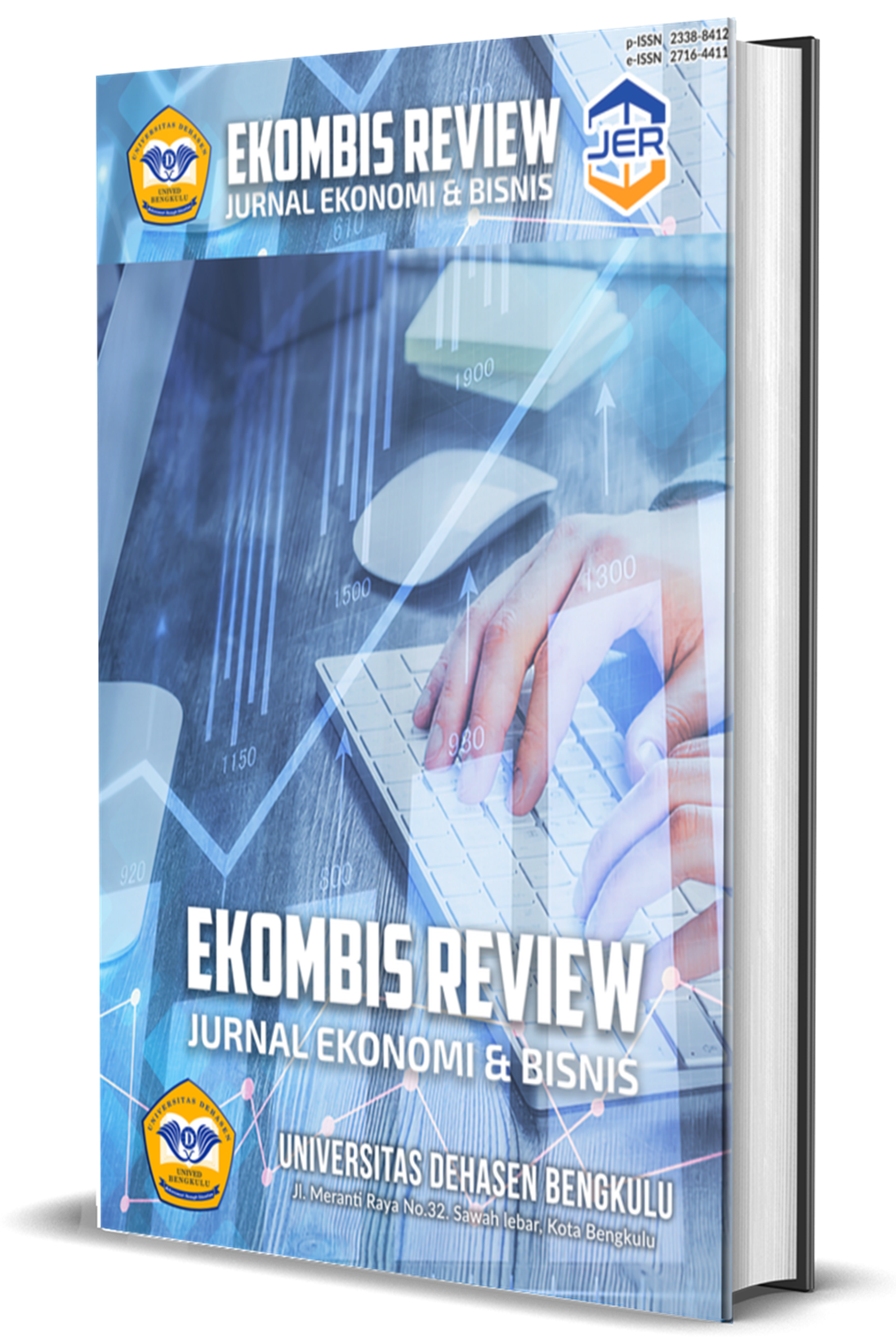The Relationship Between Cigarette Consumption And Poverty: Analysing The Role Of Price
Abstract
Poverty has been a global concern until recently. In Indonesia, the poverty rate will reach 9.57 per cent in 2023 or at least 26 million people below the poverty line. A phenomenon occurs in poor communities in Indonesia where half of the households spend money on cigarettes. Cigarette consumption burdens households through consumption costs as well as health costs and reduced household productivity, which can affect the welfare of smoker households. Conversely, environmental factors, especially in poor communities, also influence cigarette consumption habits. This study aims to examine the relationship between cigarette consumption and poverty. For this reason, the instrumental variable method is used to avoid endogeneity bias due to reverse causality when analysing the relationship between cigarette consumption and poverty. Cigarette price is used as the instrument variable. The data used in the study is pooled cross section data from the National Socio-Economic Survey from 2014 to 2021. The results of the analysis show a significant negative relationship of cigarette prices to household cigarette consumption and cigarette consumption increases the probability of households being poor.
Downloads
Copyright (c) 2025 Suwardi Dwi Pramita, Khoirunurrofik Khoirunurrofik

This work is licensed under a Creative Commons Attribution-ShareAlike 4.0 International License.
An author who publishes in the EKOMBIS REVIEW: Jurnal Ilmiah Ekonomi dan Bisnis agrees to the following terms:
Author retains the copyright and grants the journal the right of first publication of the work simultaneously licensed under the Creative Commons Attribution-ShareAlike 4.0 License that allows others to share the work with an acknowledgement of the work's authorship and initial publication in this journal
Submission of a manuscript implies that the submitted work has not been published before (except as part of a thesis or report, or abstract); that it is not under consideration for publication elsewhere; that its publication has been approved by all co-authors. If and when the manuscript is accepted for publication, the author(s) still hold the copyright and retain publishing rights without restrictions. For the new invention, authors are suggested to manage its patent before published. The license type is CC-BY-SA 4.0.
EKOMBIS REVIEW: Jurnal Ilmiah Ekonomi dan Bisnis is licensed under a Creative Commons Attribution-ShareAlike 4.0 International License.














